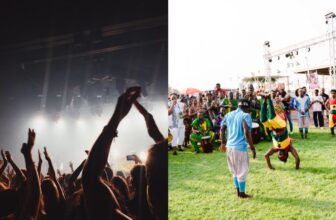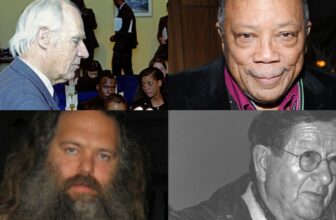The Shocking Dangers of Our Everyday Listening Habits
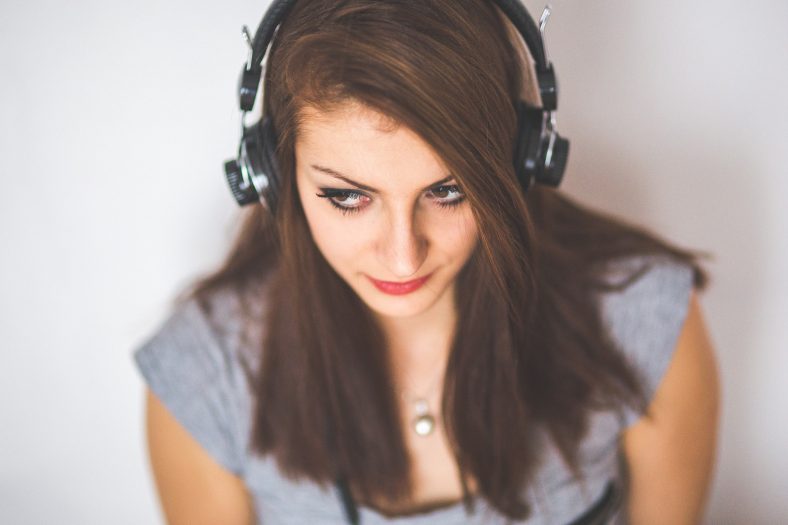
7 years ago my ears starting ringing and they haven’t stopped since. Imagine never again hearing silence for the rest of your life. Your hearing is a lot more fragile than you might think. Make sure you protect it.
The high-pitched sound that I am hearing is known as tinnitus. My symptoms are a result of over-exposure to noise and there is no known cure for my particular case. I was experiencing tinnitus on-and-off from concerts and rehearsals, but at one particular point in my mid twenties it became permanent.
Studies are indicating that international levels of hearing loss and tinnitus are rapidly on the rise. Most people are completely oblivious to the dangers of their everyday listening habits until it’s too late.
Most importantly, children need to be thought about the dangers of this from a young age.
Contents
- Noise Induced Hearing Loss
- Volumes are constantly on the rise – mobile devices and the music industry
- What are the consequences?
- Impact on life
- What to do if you have tinnitus or hearing damage
- What can I do to prevent hearing loss and tinnitus?
- What can musicians do to prevent hearing loss?
- How can I protect my kid’s hearing?
- Conclusion
Noise Induced Hearing Loss
Loudness is measured in decibels (dBs). Normal conversation is around 60 dBs. Any sounds above 85 dBs can be harmful to your hearing. This level of sound can be produced by a loud vacuum cleaner.
Rock concerts
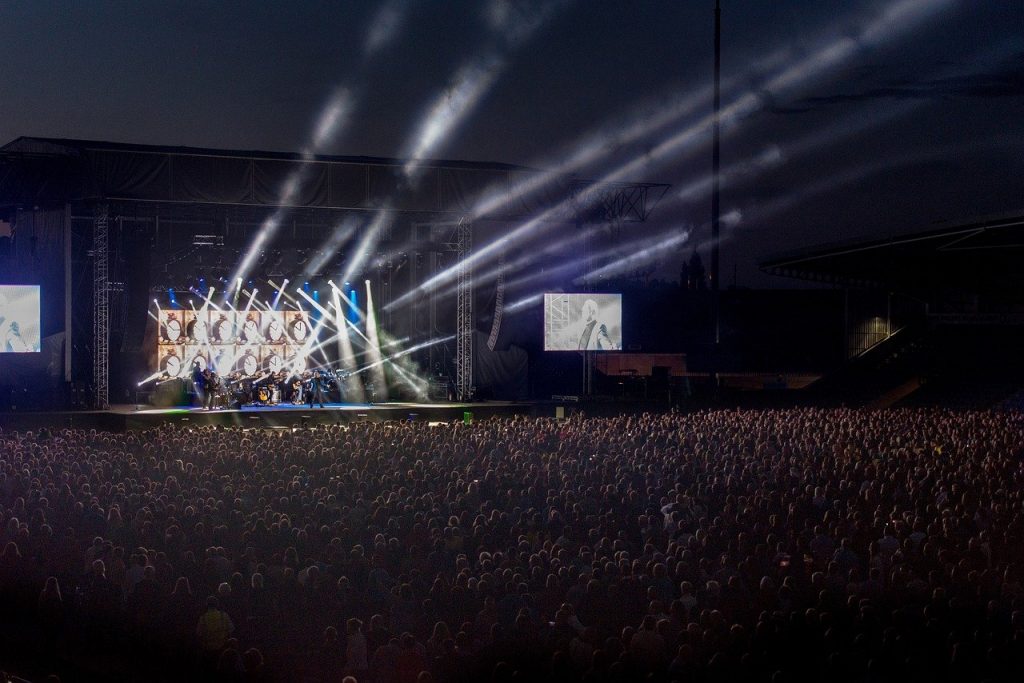
The average rock concert can be well over 100 dBs. This is a whopping 16 times as loud as 70 dBs. Studies indicate that hearing damage can occur within minutes of exposure to this level of noise.
Using headphones
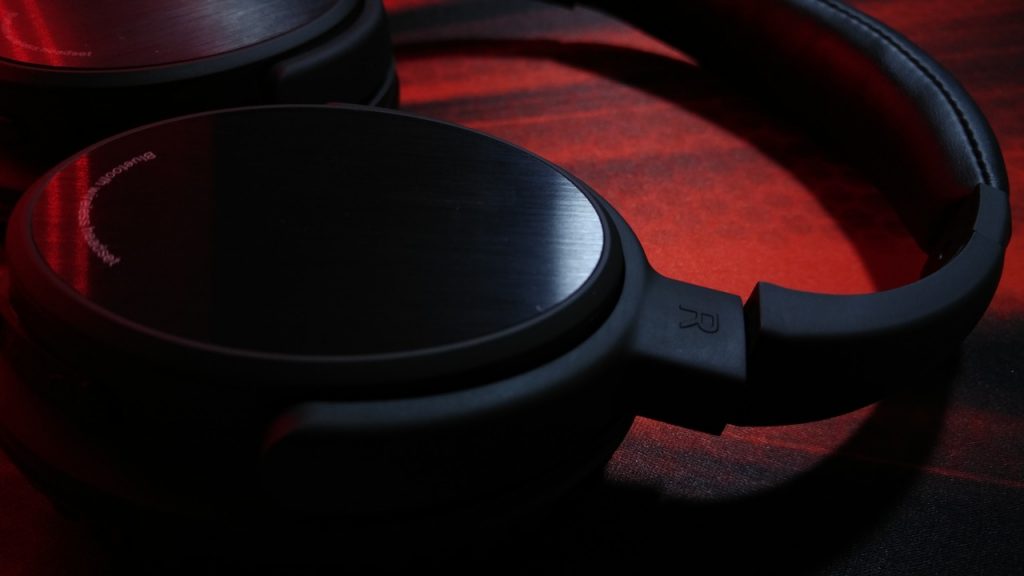
Your music player at maximum volume can actually be louder than going to a rock concert. This may set off some alarm bells in your mind. People often increase volume when there is excess noise such as traffic around them.
This can lure you into a false sense of security. If you lie down quietly at night and increase your music player to maximum volume, you may feel like it’s blowing your head off! This is the exact same volume you may be subjecting yourself to for your entire commute.
Volumes are constantly on the rise – mobile devices and the music industry
The widespread adoption of mobile devices is making this a serious problem. The general population has access to loud music almost constantly.
The ‘loudness war’ is a term coined in the music industry to refer to continuously increasing volumes of music releases. People often associate volume with quality when listening to music comparatively, which is the cause behind these volume changes.
What are the consequences?
Hearing damage is permanent. Hearing aids can only attempt to amplify certain parts of the spectrum.
You may start by struggling to hear people talking to you in a bar, which can get steadily worse over time.
Tinnitus is often a dreaded side-effect of hearing loss. It can make you hear many different types of noises, but a common one is a continuous high-pitched noise.
Impact on life
Many people with tinnitus and hearing loss continue to have successful careers. There are many cases of famous musicians and big industry names that you can read about online.
However, it can impact your quality of life greatly. You may think of deafness as a constant silence, but it can actually be the absolute absence of it.
What to do if you have tinnitus or hearing damage
Tinnitus and hearing damage is not only noise-induced. Ringing in your ears can be for a wide variety of reasons, such as short-term or long-term illnesses. See your doctor if you have symptoms that simply won’t go away, even if you think it’s being caused by noise.
An excess build-up of wax in your ears can also dull your hearing and cause ringing. However, this can be removed. Be sure to get your doctor or audiologist to check it out.
What can I do to prevent hearing loss and tinnitus?
You need to make a conscious effort to stop the cycle of hearing loss. Here are some tips that you should adopt in your everyday life:
- Set a limit on your music player and stick to it: Set this when you’re in a quiet area of your home. Volumes can be deceiving when there is excess noise around you.
- Get a pair of earplugs: A cheap pair of reusable musician’s earplugs can be very useful for everybody. They contain a filter that can help maintain the clarity of the sound while still reducing the overall volume. I personally cannot attend concerts without wearing them. Keep them on you at all times, such as in a small container on your key ring or in your wallet.
- Be willing to avoid loud noises: Be willing to leave situations where volumes are getting dangerously loud. If your friends decide to stand 1 meter away from the speaker system at a festival tent then you need to stick to your guns and move to a different spot.
- Get a hearing test: This can give some perspective on your hearing health and help you make better choices regarding your hearing habits.
What can musicians do to prevent hearing loss?
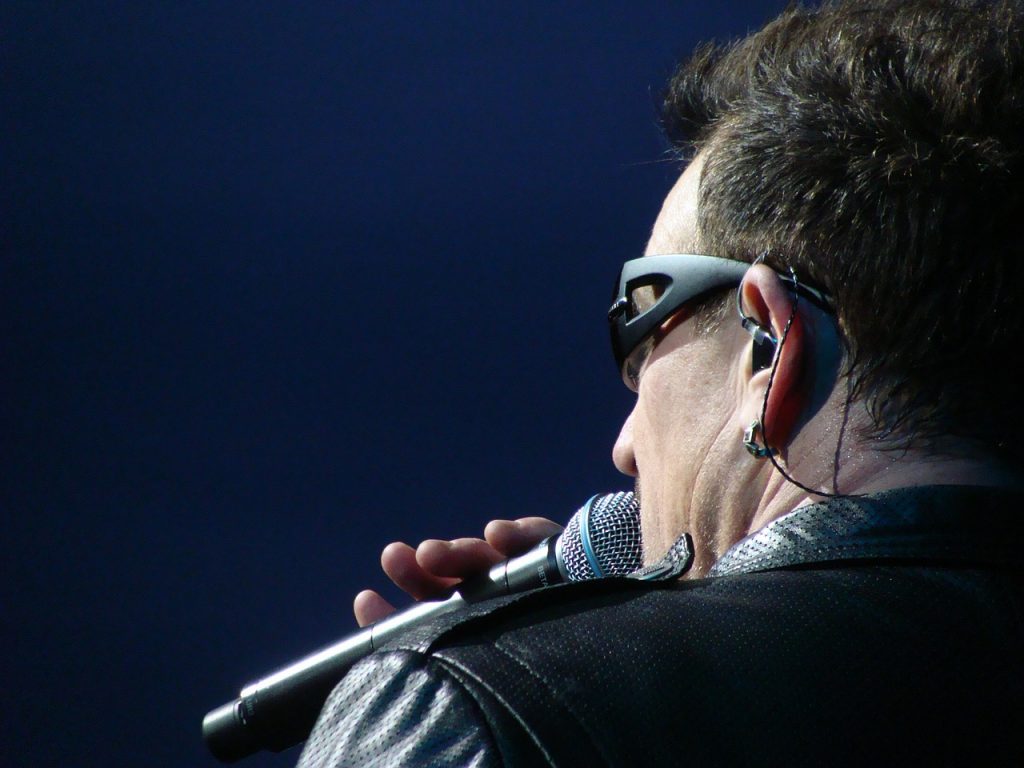
Musicians, music producers, DJs, and sound engineers are all in a dangerous situation when it comes to hearing damage.
The ultimate goal should be to keep your current hearing at its best without causing any further damage. The following steps can help:
- Get a pair of custom-molded musician’s earplugs or in-ear monitors: Musicians must isolate themselves from external noise on stage. In-ear monitors are special earphones that can be molded to the shape of your ear. These can allow you to monitor at much lower volumes. However, in-ear monitors can be problematic if used incorrectly. Therefore, the user must always be conscious of keeping the volume low.
- Take breaks from music during your day: You need to give your hearing a rest as much as possible, particularly if you play concerts regularly. When you’re not performing then make sure to lower the volume and take breaks from noise.
- Limit the use of headphones when producing music: If you have a home or professional studio, then prioritize your monitors/amplifiers over the use of headphones. You can work with lower volumes on these and you are far less likely to crank the volume up too high.
How can I protect my kid’s hearing?
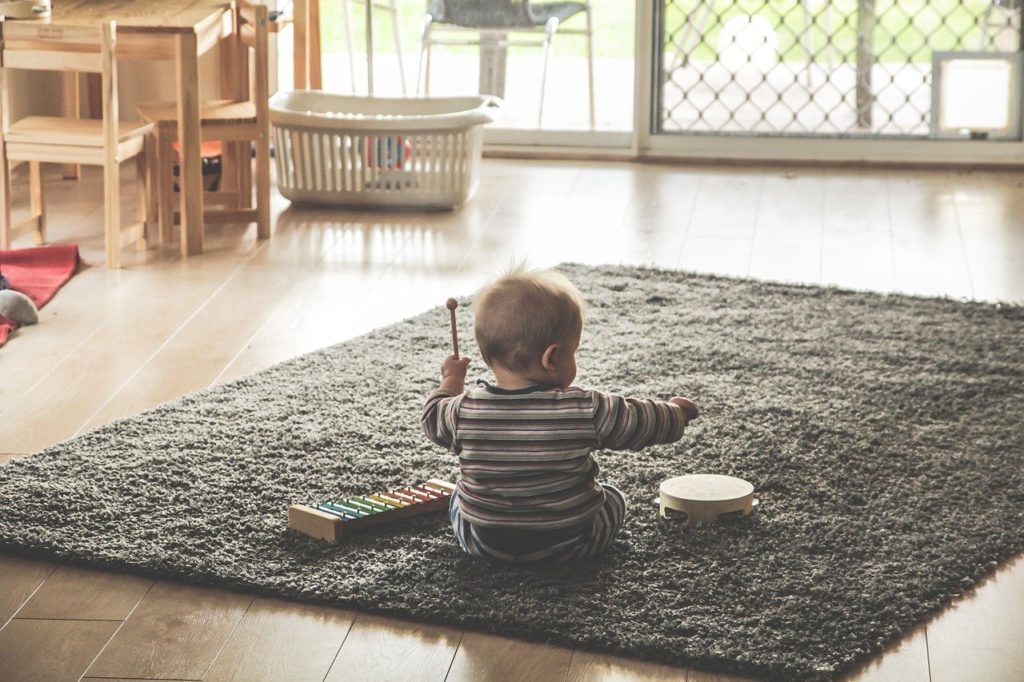
Limit your children’s use of music players. Buy them noise-isolating earmuffs if you are bringing them to concerts or loud events. Educate your children from an early age about the importance of protecting their hearing. Make sure to dispel common myths early on.
Conclusion
I hope this has put the dangers of noise-induced hearing loss into perspective.
Deafness and tinnitus are often associated exclusively with the elderly. This is a wrong assumption. If you don’t take care of your hearing then it may be gone a lot quicker than you might expect.
If you are currently experiencing problems then make sure to see a doctor or audiologist. There might be a solution to your particular issue. Alternatively, you can still have a happy life and career with hearing loss and tinnitus. It’s just something that you must learn to limit and mitigate.
Has any of the information in this article been of help to you? If so, be sure to share it with your friends and family. It could save their hearing!

